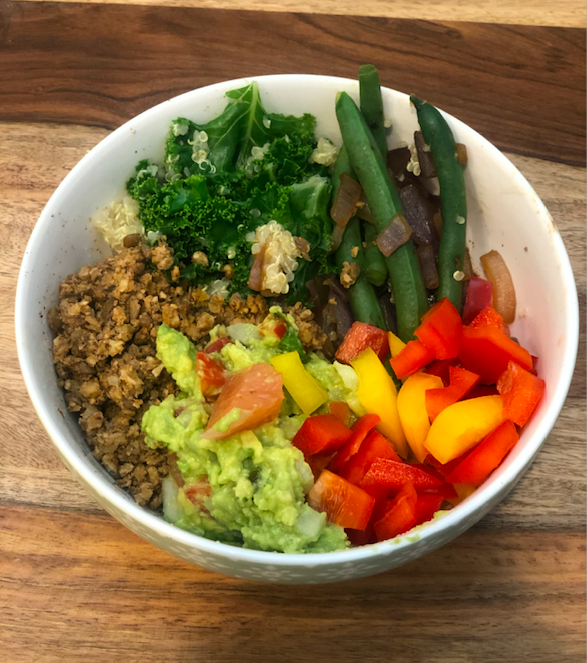What Are Adaptogens—and Why Are People Talking About Them?

You’ve probably heard the term “adaptogen” tossed around in wellness circles lately. But what does it really mean? Adaptogens are herbs, roots, or fungi that help your body regulate its stress response and return to balance, according to UCLA Health. What makes them interesting is that they seem to adapt—i.e., they help calm your stress when it’s high, or provide support when your energy is low.
Why Use Adaptogens? What They Can Help With
Here are some of the reasons folks turn to adaptogen supplements—and a look at what science suggests they might actually help with:
1. Stress & Cortisol Regulation
One of the strongest areas of evidence is in stress reduction. A recent systematic review found that Withania somnifera (ashwagandha) lowered cortisol levels and improved perceived stress scores in controlled trials after about 8 weeks of use.
2. Fatigue, Energy & Endurance Support
Especially in athletes or active individuals, adaptogens like Rhodiola, ginseng, and cordyceps are often used to push through plateaus, support recovery, and resist fatigue.
3. Mood, Focus & Cognitive Support
There’s some promising research that adaptogens can support neurotransmitters like serotonin and dopamine, which can help with mood and cognitive clarity. They may also offer neuroprotective and anti-inflammatory benefits.
4. Hormonal & Immune Balance
By supporting your body’s stress system, adaptogens may indirectly help normalize hormone levels (especially when stress is a key disruptor). Some adaptogens are also studied for immune support and anti-inflammatory action.
Over the years, Dr. Dangovian has seen how daily use of certain adaptogens (since the early 1990s!) have helped his cardiology practice team and wellness clients manage the demands of busy work and life—without burning out.
Why Consider a Supplement vs. Just Food / Herbs
- Concentration & Standardization: Supplements can deliver efficacious doses of active compounds in a form that’s more reliably measured than what you might get from food or teas.
- Consistency: For many adaptogens to have an effect, you need regular use over weeks (not a one-off dose). Supplements make routine easier.
- Synergistic blends: Some products combine adaptogens in blends that (theoretically) support multiple systems (stress, energy, immunity), though you’ll want to choose wisely based on what your body needs.
Cautions & Reality Checks (What They Don’t Tell You)
I believe in balance and transparency, so here are the riskier sides and things to consider:
- Limited human research & methodological issues: Many studies are small, short, or use healthy volunteers. Some reviews caution that the evidence is promising but not definitive.
- Not a silver bullet: Adaptogens don’t replace foundational health practices—sleep, nutrition, movement, stress management still come first.
- Potential side effects/interactions: Digestive upset, dizziness, insomnia, or allergic reactions are possible. Some adaptogens can interact with medications (like for blood pressure, thyroid, and diabetes).
- Quality & regulation issues: Supplements in the U.S. are not regulated like drugs. What’s on the label doesn’t always match what’s inside. Choosing third-party tested products is key. Dr. Dangovian and his team research out the best supplements on the market for the highest quality that are third party tested
- Not always suited for everyone: Pregnant or breastfeeding individuals, those with autoimmune conditions, or people on immune-modulating drugs should use caution and consult a provider.
How Dr. Dangovian and his team Use Them (and I’d recommend you) Approach Adaptogens in Practice
- Start with the basics first: Ensure sleep, movement, stress tools, and nutrition are in place.
- Choose wisely: Pick one adaptogen to test (ashwagandha, Rhodiola, etc.), ideally standardized and third-party tested.
- Begin low & slow: Start with a conservative dose and track how you feel (energy, sleep, mood).
- Monitor & re-evaluate: After 6–8 weeks, it can take that long to feel the effects. Consider journaling along the way to assess whether you’re seeing benefits. Consider a temporary break to avoid tolerance.
He recommends the use Adaptogens to most of his patients. He personally takes them once in the morning to start with a calm mind and body and then again before bed to have more restful sleep.
In Summary
If you’d like help selecting a safe adaptogen or integrating one into your health plan, I’d be happy to help! A lot of our patients use Premier Research Labs Adaptogen-R3 provides whole body stress support.
You can buy it here:





